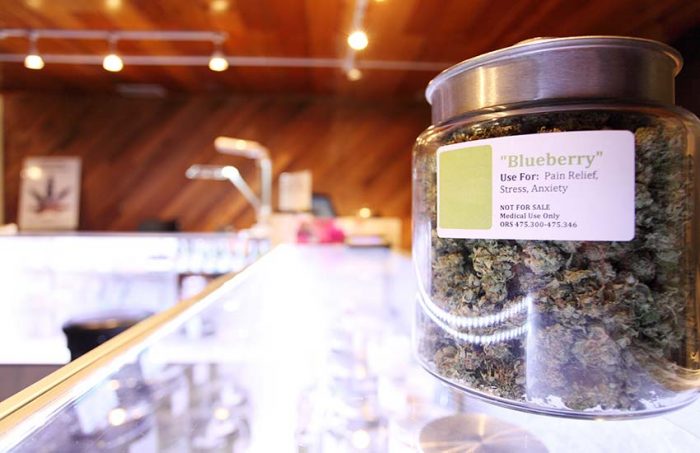Marijuana Security Strategies from Cradle to the Grave
A marijuana security plan covers more than the time period from sowing the seed to selling the product. The plan itself plays a major role in a strategic security strategy designed to protect people, property, assets, brands, and, of course, marijuana. While architects of a marijuana security plan need to focus on the steps taken long before the cultivation phase and well after the transaction occurs, I can make the case that more time, resources, manpower, and strategy invested in pre-cultivation results in a more comprehensive, efficient, and effective marijuana security plan.
Seed to Sale
In the marijuana industry, the phrase “seed to sale” suggests that everything is covered, but that’s not necessarily true. You certainly need to address everything from growing to selling—the pathway, in supply chain terms. But supply chain pathway operations focus on much more, like production and logistics and the security technologies such as tracking and monitoring needed to coordinate these activities more effectively and concurrently. For the specific processes of seed to sale, the pathway follows the movement of marijuana internally at a grower/processer and externally as product travels to the dispensary and cash to the bank.
Cradle to the Grave
A holistic marijuana security plan covers from “cradle to the grave, ” which expands the range of security responsibilities to include product development (cradle), sourcing, transportation to the grower/processor, and movement after the sale, such as patient and customer safety. Additionally, security measures need to protect people outside your building who could be the victim of a crime because they are in possession of a Schedule 1 drug with a substantial street value. Also, you must ensure disposal (grave) of marijuana in a manner consistent with federal, state, and local laws so that waste is destroyed properly and rendered unusable.
A Chain Is Only as Strong as Its Weakest Link
A marijuana security plan creates clear, succinct, and measurable processes to safeguard product, people, and property—while incorporating supply chain pathway risk management strategies with specific guidelines that address all hazards, such as adulteration, contamination, corruption, theft, and diversion. The plan also should develop additional strategies for on-site protection from power outages, fire, chemical spills, trespassers, or criminal actions including physical security measures, security technologies, policies and procedures, personnel practices, emergency management, incident reporting, and risk mitigation guidelines applicable to the people, product, property, and supply chain pathway.
Failing to Plan Is Planning to Fail
To get a complete picture of your security profile, you should schedule a professional assessment that will evaluate the technical, physical, personnel, and procedural security measures currently in place at your place of business. You’ll find out what you’re doing well and where you’re exposed to unnecessary risk as well as receive recommendations and strategic considerations with next steps to protect critical components of your processes—especially where vulnerabilities currently exist. Also, this assessment will identify what, if any, security and safety measures or systems are needed now or should be introduced at a later date.
Nothing Fits Better Than a Tailor Made Plan
We can also work with you to construct a tailor made marijuana security plan that addresses specific areas of concern, such as transportation, storage, access control, credentialing, security officers, cameras, alarms, and internal theft, and provides you with a planned response and recovery in case the unexpected happens.
Do you have a marijuana security plan to protect your people, property, permit, and product? All plans start with an assessment to ensure your operations reflect best practices in safety, security, and emergency management and protect against all hazards, such as a crime, weather, accident, or utility failure.
We can design a plan that’s right for your culture and, most importantly, protects your people. Contact me, Mike Verden, Owner and CEO of The Lake Forest Group, at [email protected] or 312.515.8747 to find out more—or share this article with anyone who needs to create a marijuana security plan to safeguard their business, employees, customers, and assets.





